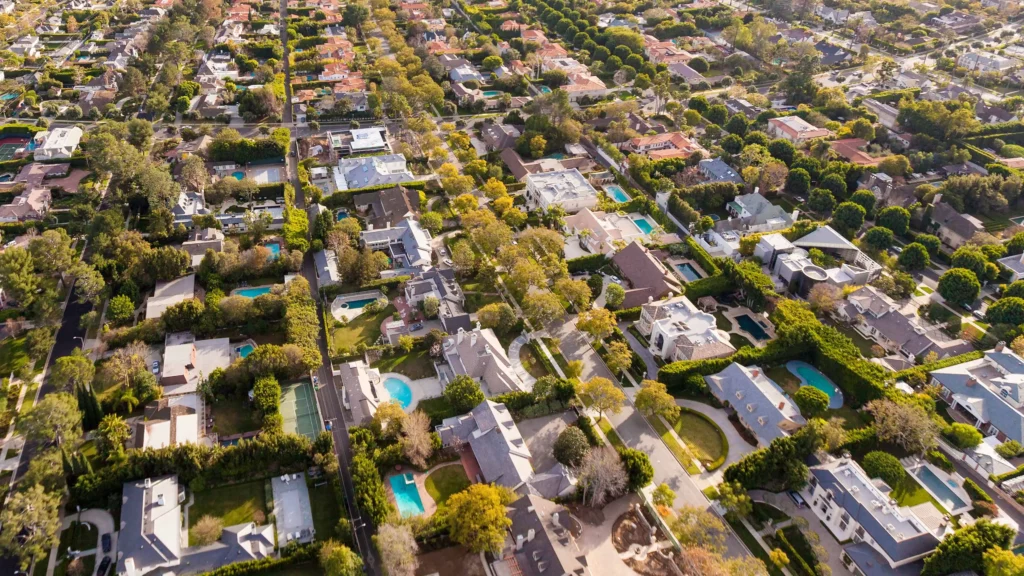Policy
Constitutional Law
At the core of the American Dream is the belief that hard work and commitment can yield a better life, the pursuit of which is possible thanks to the American free enterprise system – the greatest engine of prosperity in the history of humanity. But too many Americans striving to escape poverty still face obstacles to realizing that dream.
Through the Work & Opportunity Initiative, Sutherland Institute seeks to remove barriers or disincentives to work and other opportunities for economic progression that affect families in Utah and beyond. Landmark research, compelling multimedia, powerful storytelling and strategic partnerships combine to advance policy reforms that make the American Dream more attainable – protecting Utah and the United States as the land of opportunity for generations to come.
Constitutional Law
Securing the American institutions of self-government – such as free and fair elections – in a republic is a civic responsibility of every American citizen. It is an essential part of ensuring a new birth of freedom for future generations.
If government derives its power from the “consent of the governed,” as the Declaration of Independence states, then that consent must have a mechanism for being regularly expressed and renewed.
This is the role that secure elections play in America’s constitutional order: helping ensure the peaceful transfer of power and the opportunity of citizens to exercise their civic voice.
Sutherland Institute offers sound research and principled analysis on voting methods and election security. We do this to promote trusted and trustworthy voting systems and elevate the way the state of Utah assesses and refines this crucial process. We seek to protect public confidence in Utah’s elections by promoting positive reforms and increasing voters’ understanding of the security and access offered by Utah’s election procedures.
Conversations
Mahmoud v. Taylor – Part 4: Billy's Story
Mahmoud v. Taylor – Part 3: What Should Happen
Mahmoud v. Taylor – Part 2: The Arguments
Mahmoud v. Taylor – Part 1: Case Overview
Mahmoud v. Taylor: Explained
How the Mahmoud v. Taylor SCOTUS case will impact parents and schools #utpol #education #scotus
Utah Fits All – protecting religious options #utpol #religion #education
How religious freedom benefits everyone #utpol #religion
Mahmoud v. Taylor – Part 4: Billy's Story
Mahmoud v. Taylor – Part 3: What Should Happen
Mahmoud v. Taylor – Part 2: The Arguments
Insights & Takeaways
No Results Found
The posts you requested could not be found. Try changing your module settings or create some new posts.
School choice case: Unpopular doesn’t mean unconstitutional
In a California case, the family of a boy with autism that chose a Jewish school is challenging state’s refusal of educational services it would offer if the child were in public or secular private school.
What does the U.S. Constitution say about political protests?
The First Amendment guarantees of speech and peaceable assembly protect some aspects of protests, but there are significant limitations on what protesters can do.
Protecting property rights against government overreach
While governments can continue to regulate land use, these regulations and fees must be justified by a government interest and proportional to the effect of the development’s impact on that interest.



